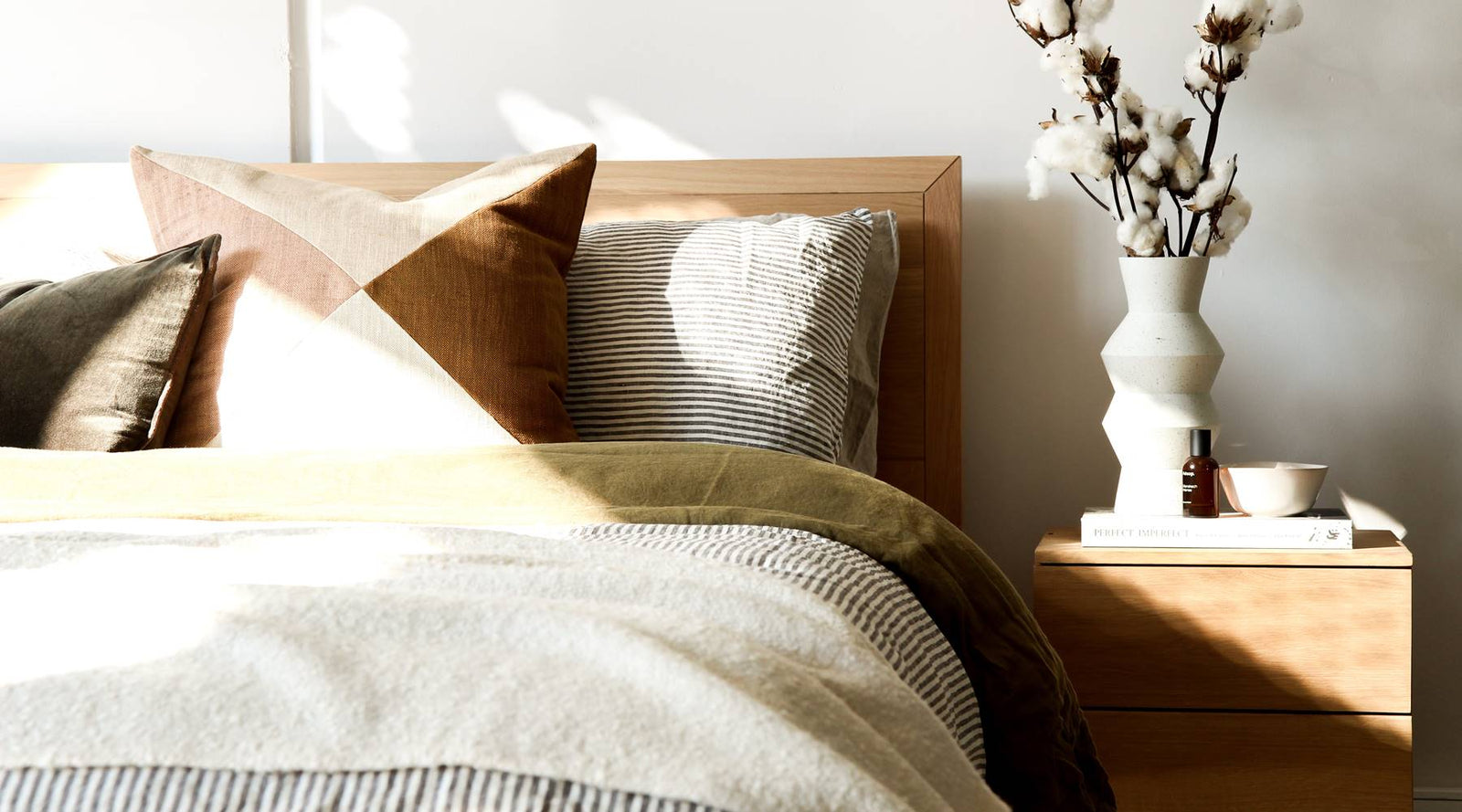
How to Keep Your Mattress From Becoming a Petri Dish
June 02, 2022 2 min read
Your mattress is probably one of the most used pieces of furniture in your home, and it's probably also one of the most neglected. Most people don't think to clean their mattress until it's visibly soiled or starting to smell, but by then, it's often too late.
We all know that sweat is gross. But did you know that your nightly sweat session is making your mattress a breeding ground for fungus and bacteria? According to WebMD, lab tests from swabs taken from 7-year-old mattresses found more than 16 million colony-forming units of bacteria per square inch. That’s more than five times the amount in a mattress bought a year ago. Mildew, mold, and bacteria can be bunking in your mattress. The average adult sweats 26 gallons a year in bed. That makes your mattress a warm, moist home for fungus and bacteria. And if you’re not regularly washing your sheets (which you should be doing every week), those sweat and skin cells are just providing more food for the critters.
So what can you do to keep your mattress from becoming a petri dish? First, invest in a mattress protector. This will create a barrier between your sweat and skin cells and the mattress itself. Second, wash your sheets regularly in hot water. Next, vacuum your mattress regularly to remove any dust mites or other allergens that might be lurking. When vacuuming your mattress, be sure to use the upholstery attachment without a rotating brush. This will help to avoid damaging the fabric of your mattress. And finally, it’s important to let your mattress air out weekly to keep it fresh. Remove all blankets, sheets, and pillows and let it breathe for the whole day from the morning until you go to bed. This will help to remove any moisture or sweat that’s accumulated.
Your mattress is one of the most important pieces of furniture in your home. You spend around eight hours a day sleeping on it, so it’s important to keep it clean and fresh.
When you think about all the time you spend in your bed, it makes sense that your mattress would need to be replaced more often than other pieces of furniture in your home. Not only do you sleep in your bed, but you also lounge and relax in it, which means it’s more likely to get dirty. Your mattress can harbor all sorts of things like dust mites, bacteria, and even mold. These can lead to health problems like allergies, asthma, and even skin rashes. If you’re someone who suffers from allergies, it’s especially important to make sure your mattress is clean and free of allergens. Even if you clean your mattress regularly, it’s still a good idea to replace it every six to seven years. This will ensure that you’re getting the best possible night’s sleep and that your mattress is as clean and comfortable as possible.
Subscribe
Sign up to get the latest on sales, new releases and more …
